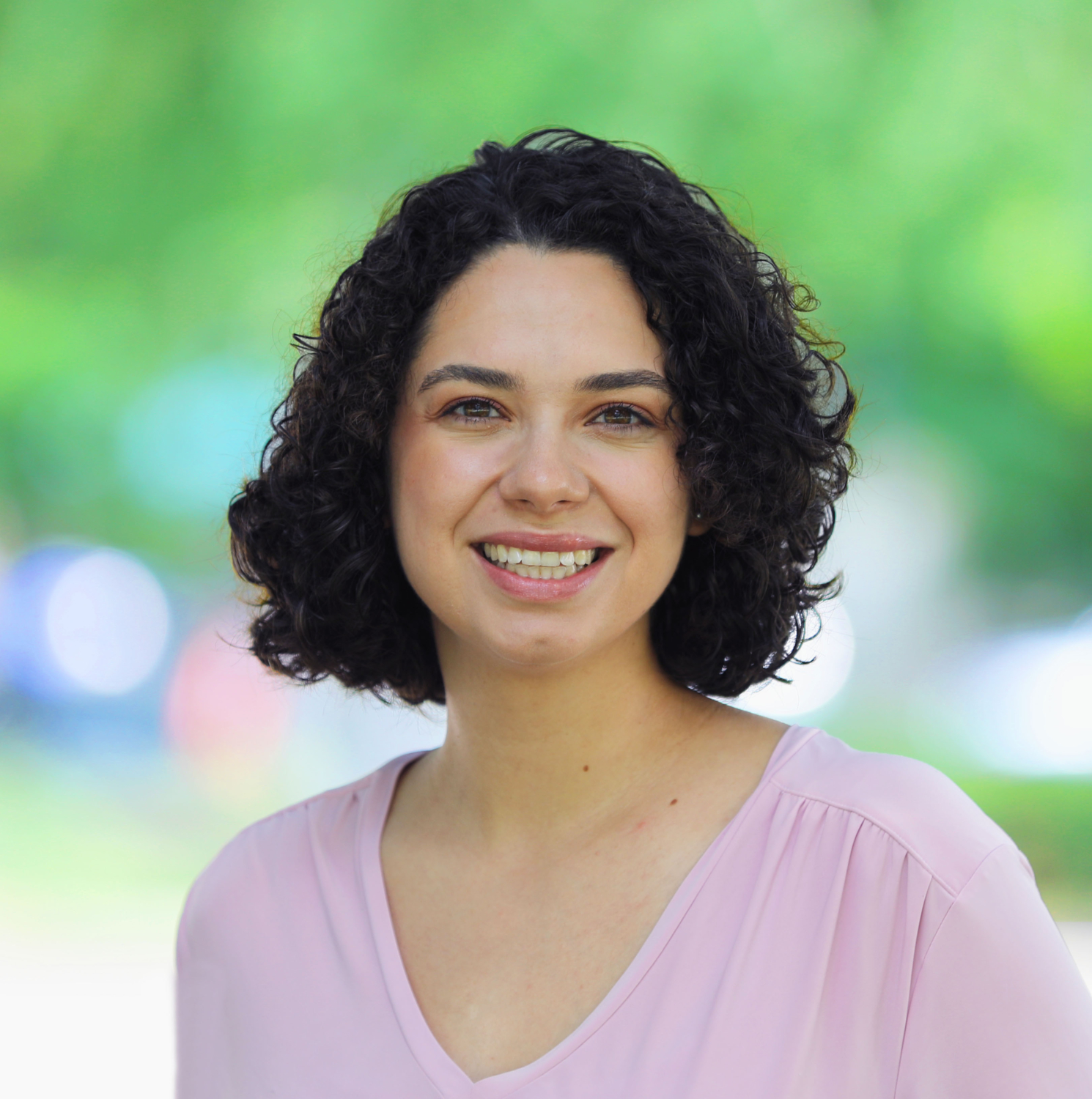Celebrating the life and legacy of Rose Friedman: Early Beginnings to 1945
Editor’s Note: This is the first in a two-part series on Rose Friedman’s legacy. Read the second part here.
Behind every great man, there stands an equally remarkable woman. Nowhere is this more evident than in the partnership of Milton and Rose Friedman, whose collaborative efforts reshaped the way we think about economics and education.
While Milton’s name may be synonymous with free-market principles, Rose’s influence was just as profound, particularly in her passionate crusade for educational freedom. This Women’s History Month, let us delve into the story of Rose Friedman, whose tireless advocacy for educational choice and reform continues to shape the landscape of learning.
Rose Director Friedman was born in Charterisk, Ukraine, formerly part of the Soviet Union, in or around 1910 (her birth records were lost). When she was two, her father moved Rose, her mother and siblings to Portland, Oregon. The Director family had humble beginnings as Rose recounts in her memoir Two Lucky People, which she coauthored with Milton.
“Life in Portland was certainly a big step up from Charterisk. We had running water, even hot water, which I believe was heated by a wood stove in the kitchen. We had no electricity but we did have gas lighting. Until my father installed central heat, the only heat was from a kitchen stove and a potbellied stove in the dining room. We never thought that getting dressed in the morning around the kitchen stove was a hardship.”
When Rose was 16, her older brother Aaron, invited her to join him at the University of Chicago for her college studies. He was in graduate school and on a teaching fellowship, however, her mother refused. Rose decided to study for two years at Reed College before joining Aaron at University of Chicago. It’s hard to understate the impact his professional and educational interests inspired and encouraged Rose.
“There was always a special relationship between Aaron and me. He was semi-sibling and semi-parent,” she wrote in Two Lucky People. “In another way, he was my mentor. As a twelve-year-old he carried me to the boat when we left Russia. He took me to school when I started at Failing Grammar School. When I graduated from grammar school, though he needed the little money he had, he gave me a beautifully bound copy of Edgar Allen Poe’s poems with the inscription “Congratulations: May this be the first of many graduations.” And he made it possible for me to have many graduations.”
Rose graduated from the University of Chicago in 1932 with a Bachelor of Philosophy. This was an especially rare achievement for the time, as Rose reflected in Two Lucky People.
“I do remember very clearly that Aaron took me to lunch at the faculty club and how impressed I was that a number of faculty men came over to congratulate me. … People today often express surprise that in the early thirties a young woman went to college, majored in economics, and even did graduate study. However, I do not believe that young women were discriminated against in seeking admission to college. On the other hand, I do believe there was discrimination when it came to getting financial help. Marrying and having a family was the ultimate goal for most women, including those who went to college.”
Rose stayed at the University of Chicago and continued her graduate studies. That fall, she met Milton Friedman, who was seated next to her in Professor Jacob Viner’s Economics 301 class. Milton and Rose were each world class economists in their own right. Rose finished all of the required work to complete her PhD, except her thesis.
Rose was on the staff of the National Resources Committee (Washington, D.C.), working on a nationwide study of consumer purchases, and continued work on that study at the Bureau of Home Economics. In 1937, she then joined the staff of the Federal Deposit Insurance Corporation and worked under Homer Jones as a research assistant until Rose and Milton married in 1938.
“Although we both started our life together as economists, there was a difference. From the beginning, I never questioned whose career came first. I left my job at the Federal Deposit Insurance Corporation because I have never wanted a part-time marriage and Milton was not interested in a Washington career,” Rose said.
The couple moved New York where Milton accepted a job at the National Bureau of Economic Research (NBER). Jones wrote recommendations for Rose to work in a staff position, also at the National Bureau of Economic Research. She studied securities markets until she and her husband moved to Wisconsin in 1940.
“When we left New York for Wisconsin, I gave up my job. In part this attitude on my part was probably a reflection of the times. Women’s lib was not yet on the horizon. Few married women with families had fulltime careers that involved being away from their families most of the day. Those few of our friends who did, had a widowed mother or mother-in-law who lived with them and took the place of the mother. Both Milton and I felt strongly that when we had a family, which we were anticipating, my primary career would be as a mother; the economist would come second.”
Rose and Milton welcomed two children; Janet, born in 1943, and David, born in 1945.
Editor’s Note: This is the first in a two-part series on Rose Friedman’s legacy. Read the second part here.




